What do Blackbirds Eat?
No British garden would be complete without its share of Blackbirds, a species that seems to be inextricably linked with the UK. Perhaps this is because, like the Robin, the Blackbird has been immortalised in the traditional English song, in this case the nursery rhyme Sing a Song of Sixpence.
Of course, immortalised might be the wrong word here as the song speaks of four and twenty Blackbirds baked in a pie. Thankfully, by the next verse, they had started singing, so perhaps ovens were not so hot in the 18th Century when this rhyme is believed to have emerged!
Blackbirds are a member of the thrush family. Like many of the birds you will see in your garden, they like woodland, in particularly deciduous trees with dense undergrowth. However, they thrive in gardens too, especially gardens with regularly stocked ground feeders and bird tables. So much so, in fact, British gardens support a higher density of breeding pairs of Blackbirds than woodland.
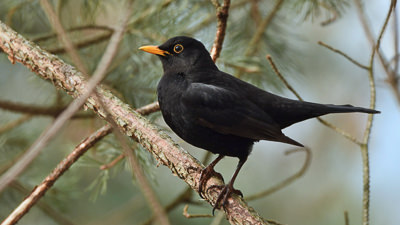
Blackbirds in the Wild
The Blackbird is an omnivore which means it eats both insects and plants. They are particularly fond of earthworms and have become very adept at detecting them. They have great eyesight and can spot earthworm tails sticking out of the ground, and it is even believed they can hear worms under the soil.
Much of the rest of their diet is made up of insects including caterpillars, beetles, spiders, snails, slugs and other bugs. They feed on the ground, often shifting through leaves and other debris to find their prey. This is why they are keen on dense undergrowth – it is often home to a range of invertebrates that Blackbirds love to feed on.
As well as insects, Blackbirds also love to eat berries, seeds, and fruits.
Which Wild Bird Food should I Feed to Blackbirds?
The first thing to understand about Blackbirds is, because they naturally eat insects, they eat on the ground and won’t come to hanging feeders. So, if you want to attract them to your garden, you either need to scatter feed on the ground, or, if you’d prefer not to do that, get a ground feeder.
Individual Foods
Blackbirds derive a lot of their protein from worms and insects so it will come as no surprise we recommend supplementing their diet with mealworms or calciworms. Calciworms are the larvae of the black soldier fly and they contain a high level of calcium as well as protein. Calcium is important for egg development and because it helps maintain a healthy skeletal structure.
We recommend feeding Dried Mealworms or Dried Calciworms all year round due to a general decline in insect numbers. Also, birds love them. If you want to attract more birds to your garden, feeding these is a great way to do it.
If you’re supplementing with other individual foods, adding Sunflower Hearts, Suet Pellets and Black Oil Sunflower Seed will give a great balance of fats and proteins to keep the Blackbirds in your garden healthy and give them enough energy to see them through the winter and other times when food is scarce.
As well as insect protein and high energy seeds and suet, one thing Blackbirds love is fruit, so scattering fruits will have them flocking to your garden. Currants or raisins are particularly loved by Blackbirds and they’re highly nutritious, so are a great choice to supplement with.
Wild Bird Food Blends
We always recommend feeding a good base blend because this will contain the vast majority of nutrients, in the right amounts, to keep your garden visitors healthy.
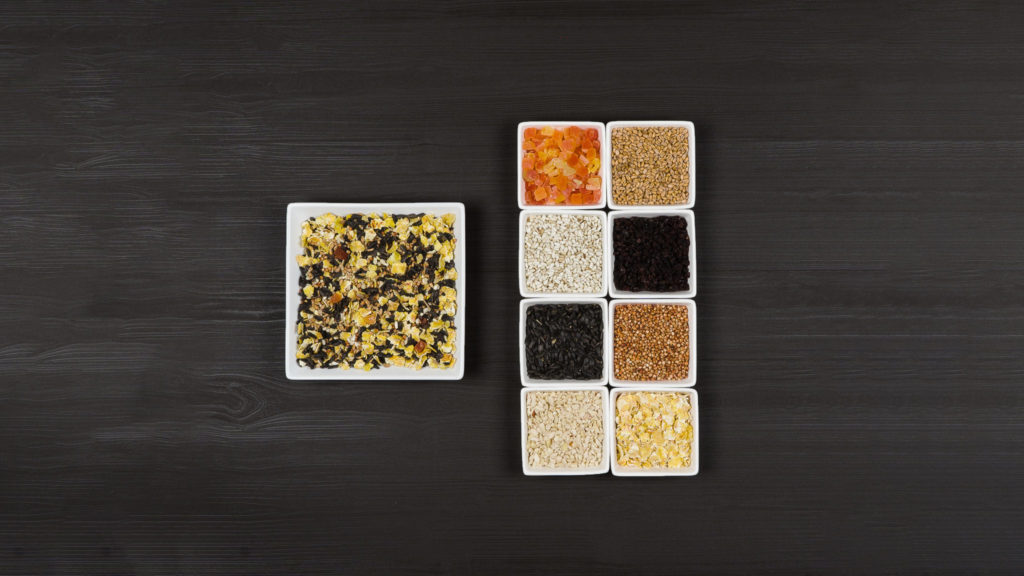
When it comes to Blackbirds, we recommend the Superior Wild Bird Food from our standard blends range, or Ground & Table Mix (pictured above) from our specialist blends range.
Superior Wild Bird Food is particularly suitable for Blackbirds because it contains currants, and as we’ve already discovered, Blackbirds love fruit. It is a perfect blend to scatter on the ground, where Blackbirds prefer to feed, or for use in a ground feeder.
The full list of ingredients for this husk free blend includes sunflower hearts, naked oats, split cut maize, wheat, aniseed oil (to attract by smell) red dari, black rapeseed, plain canary seed, yellow millet, currants, peanut granules and vegetable oil.
Superior Wild Bird Food is highly nutritious and available for a great many retailers, making it one of the most convenient ways of ensuring the Blackbirds in your garden remain very well fed.
However, if you did want to go for something a bit more specialist, our Ground & Table Mix is specifically formulated with Blackbirds in mind.
Like Superior Wild Bird Food, Ground & Table contains fruit. But in addition to currants, there is also chopped apricot in there, making this specialist blend incredibly palatable.
Add to this black sunflower, flaked maize, wheat, red dari, safflower seed, peanut granules and vegetable oil and you have a blend that Blackbirds will absolutely love.
It provides high levels of fat for energy and protein for musculoskeletal growth, maintenance and repair. But it is the fruit that will keep the Blackbirds coming back time and again.
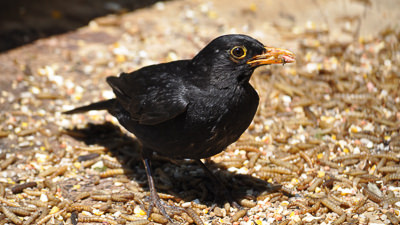
Fun Blackbird Facts
Blackbirds are easily identified by their colour, their yellow bill and eye ring. But did you know that despite its name, female Blackbirds are not black at all? They are a muddy brown colour, as are juvenile birds. Find out more on how to identify them, by visiting our Spotters’ Guide.
They have a beautiful, mellow, melodious and evocative song that is the very essence of an English country garden and some populations have even been known to develop regional accents.
During the nesting season, female Blackbirds take great pains to build secure nests for their broods. These are made of twigs, grass and other plants and is often stuck together with mud to make it sturdy. Their nests are deep and circular, to provide plenty of protection for their chicks.
In folklore, having a Blackbird nest near your house is considered a sign of good fortune, so as well as being able to listen to their beautiful song, Blackbirds may bring you good luck too.
However, as premium manufacturers of wild bird food, we think having any birds nesting near to you is a stroke of good luck, and regularly feeding hugely increases the chances of this happening!
Our Recent Posts Giving Advice and Guidance on Wild Birds
Ground Nesting Birds
Ground Nesting Birds In an earlier article, we looked at nesting behaviour in wild birds and how you could use this knowledge to encourage birds to nest in your garden. In that article we talked about birds that nest in [...]
Incredible Journeys – Bird Migration Explained
Reading Time: 11 minutes While many species of bird make the UK their home all year round, some just visit for the summer or winter months and then head off to distance shores for the rest of the year. In this blog, we examine bird migration, taking a deep look into one of nature’s most spectacular phenomena to find out more about what makes it possible.
A Guide to Greenfinches
Reading Time: 9 minutes Greenfinches might not have the range of colours of their Goldfinch cousins, but they are still have a spectacular plummage. They are also viewed as one of the best starter birds you can buy by many aviary keepers because they tend to be fairly hardy, have a good song, and don’t have any specific needs that require the management of an experienced keeper.



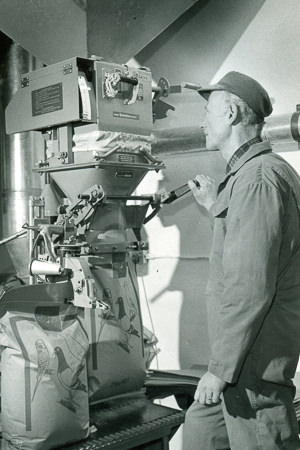


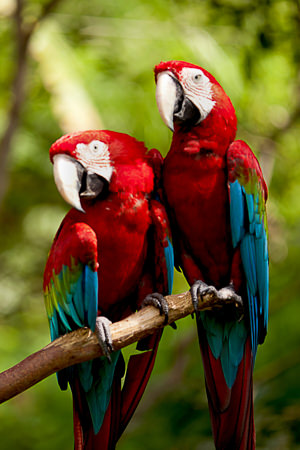
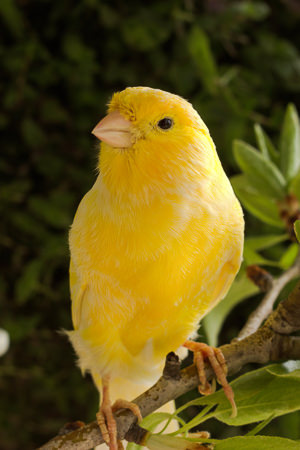
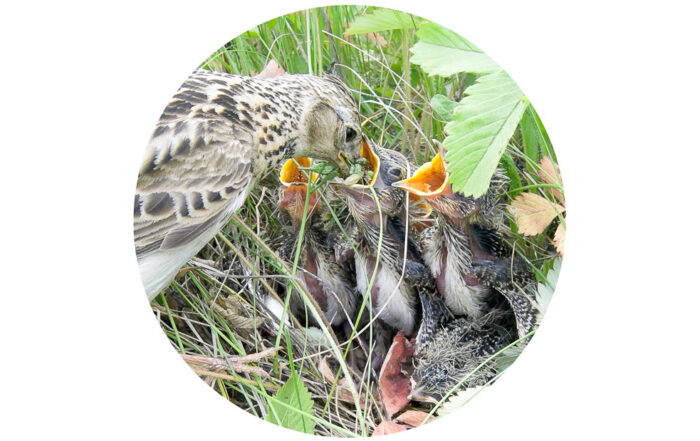
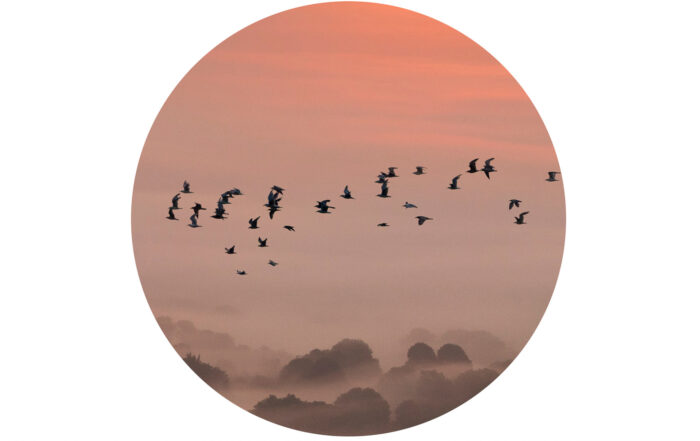
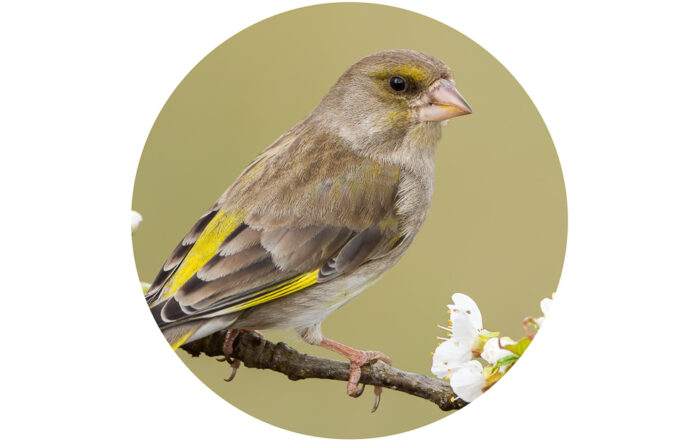
Leave A Comment